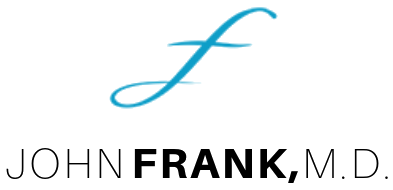Hair Restoration Procedures – How To Ensure Complete Comfortable During The Process
 Hair Restoration Procedures are considered minor surgery and your doctor will perform it under local anesthesia, pretty much the same as you would have at a dentist office.
Hair Restoration Procedures are considered minor surgery and your doctor will perform it under local anesthesia, pretty much the same as you would have at a dentist office.
However, hair transplants are high ticket items and you’ll want to be as comfortable as possible.
It’s important that you do not settle for anything less than complete comfort during your hair restoration procedure, period!
To ensure a great day during your surgery, before the big day, ask your doctor about the type of anesthesia you will be having and how he or she will administer it.
Hair Restoration Procedure Anesthesia – What You Can Expect
Either before or on the day of the surgery you’ll sign all the release forms and your doctor will give you a sedative.
Some patients can experience excessive anxiety before surgery*. If you’re prone to experiencing panic or other anxiety attacks, you should tell your doctor about this as soon as possible after you set your surgery date.
After the mild sedative takes effect and before the procedure the doctor will apply a local anesthetic, like lidocaine or maraine (sometimes called Bupivacaine, Sensorcaine or Vivacaine), to numb your scalp. If you’re particularly anxious or sensitive about injections, you’re doctor may give you something extra during this initial phase of the surgery.
During the surgery, however, you should be feeling no pain. If you do feel pain, do not hesitate to tell your doctor. Most likely you’ll be so at ease and relaxed, you’ll be able to nap if you choose. In our office, patients can see films, they can relax to music – and because the procedure is often at least a few hours, they can even eat because we have snacks and food!
If you’re anxious about the surgery, ask your doctor if you can see the operating room before hand. Once you see the room, you can then use guided visualization and relaxation techniques to visualize everything going well**.
And it will go well! Most of our patients look forward to surgery, and they enjoy the day because they know they’ve educated themselves, they know and trust Dr. Frank, and they know they’ve taken a significant step to improve their appearance.
Final Tip
Some doctors and nurses are better than others at administering the anesthesia and the best way to learn about this is to simply interview one of the doctor’s former patients.
It’s always nice to have an opportunity to speak to others who have gone through the experience before you, however, when you do speak with them, ask them specifically how they felt about the anesthesia.
John Frank Hair Clinics has periodic meet-and-greets with Dr. John Frank, our staff and former patients. Call our offices in New York City or Columbus, Ohio to see when our next meet-and-greet is scheduled.
As the old saying goes, happiness is a journey, not a destination. Part of getting the best hair transplant possible is simply to enjoy the entire journey starting with the first day of your surgery.
Next Tip: Work With the Top Notch Hair Hair Transplant Technicians
Previous Tip: How to Get the Best Value for Your Surgical Hair Restoration Cost
*Fact sheet: What you can do about anxiety before surgery, Institute for Quality and Efficiency in Health Care. October 2009.
**Guided Imagery and Visualization, University of Houston-Clear Lake

